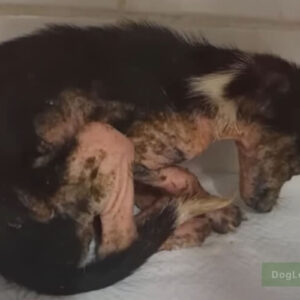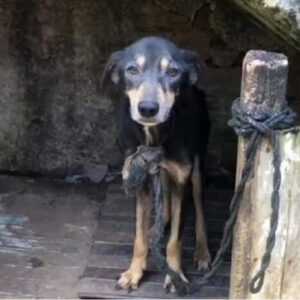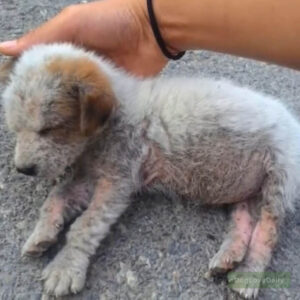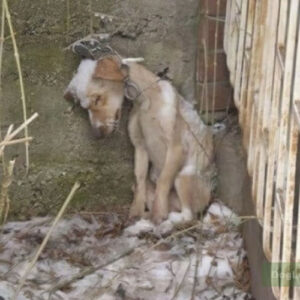A small dog named Penny was recently found on a city street in need of medical attention. The young Mini Pinscher appeared to have mobility issues and showed signs of neglect, prompting local animal welfare volunteers to intervene.
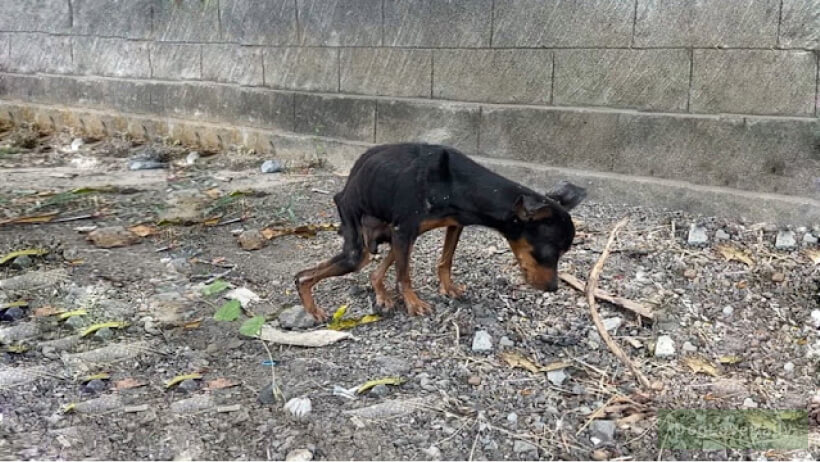
Penny’s situation suggested she had limited socialization and proper veterinary care throughout her early life. Like many dogs from unregulated breeding operations, she had not received the consistent care needed for healthy development. Her history included multiple ownership changes, which can contribute to behavioral and health challenges in dogs.
When rescue volunteers located Penny, she was displaying typical signs of stress and fear commonly seen in dogs who have experienced instability. The team carefully approached and transported her to a veterinary facility for evaluation.
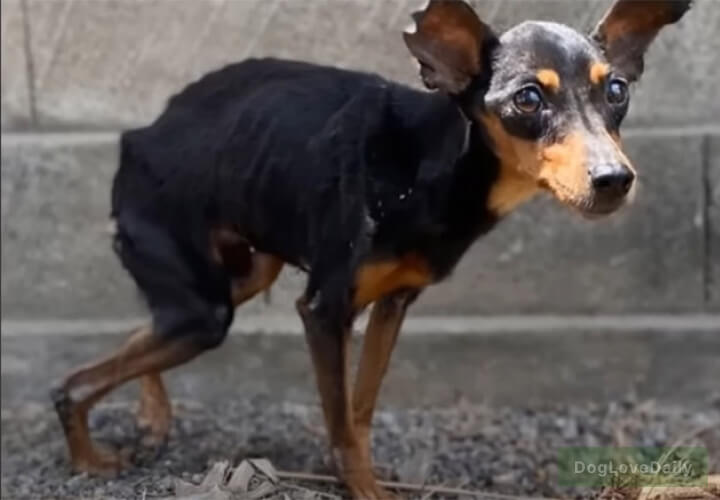
At the veterinary clinic, staff conducted a comprehensive examination of Penny, a 5-year-old Mini Pinscher weighing 2.6 kg. The assessment revealed several health conditions requiring attention:
- Skin infections requiring topical and systemic treatment
- Dental issues including tooth decay
- Mild anemia addressed through dietary supplements
- Structural concerns including rib deformities
- A dislocated kneecap, a condition sometimes seen in small breed dogs
Veterinary imaging confirmed the kneecap dislocation, which is categorized as a grade 4 luxating patella. This condition may require surgical intervention once Penny’s overall health stabilizes.
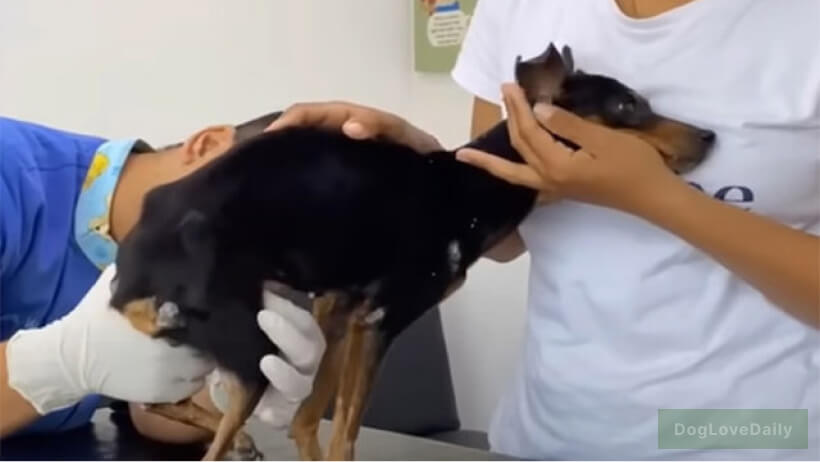
Penny’s treatment plan focuses on addressing her immediate medical needs while building her strength for potential future procedures. The veterinary team has implemented a nutrition program to support her recovery and overall health improvement.
Small breed dogs like Mini Pinschers can be particularly susceptible to certain health conditions, especially when breeding practices don’t prioritize health screening. However, with proper veterinary care and a stable environment, many dogs with similar conditions can achieve good quality of life.

Penny’s case highlights several important aspects of responsible pet ownership and animal welfare:
Proper Breeding Practices: Reputable breeders conduct health screenings and provide ongoing support to puppy buyers. They prioritize the health and temperament of their breeding dogs over profit.
Consistent Veterinary Care: Regular check-ups and preventive care can identify and address health issues before they become severe.
Stable Environment: Dogs benefit from consistent routines and long-term placement rather than frequent rehoming.
Early Socialization: Proper socialization during puppyhood helps dogs develop confidence and adaptability.
Penny is currently receiving comprehensive care in a foster environment where she can recover at her own pace. Her caregivers are working with veterinary professionals to monitor her progress and determine the best course of action for her ongoing treatment.
Stories like Penny’s serve as important reminders about the responsibility we have toward companion animals and the impact that proper care can have on their wellbeing. Many animal welfare organizations work tirelessly to provide second chances for animals who have experienced neglect or abandonment.
For those interested in supporting animal welfare efforts, consider volunteering with local rescue organizations, supporting spay/neuter programs, or advocating for responsible breeding practices in your community.
Animal rescue organizations play a crucial role in addressing pet overpopulation and providing care for animals in need. These groups rely on volunteers, foster families, and community support to continue their important work.


